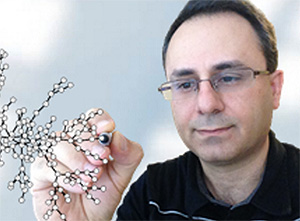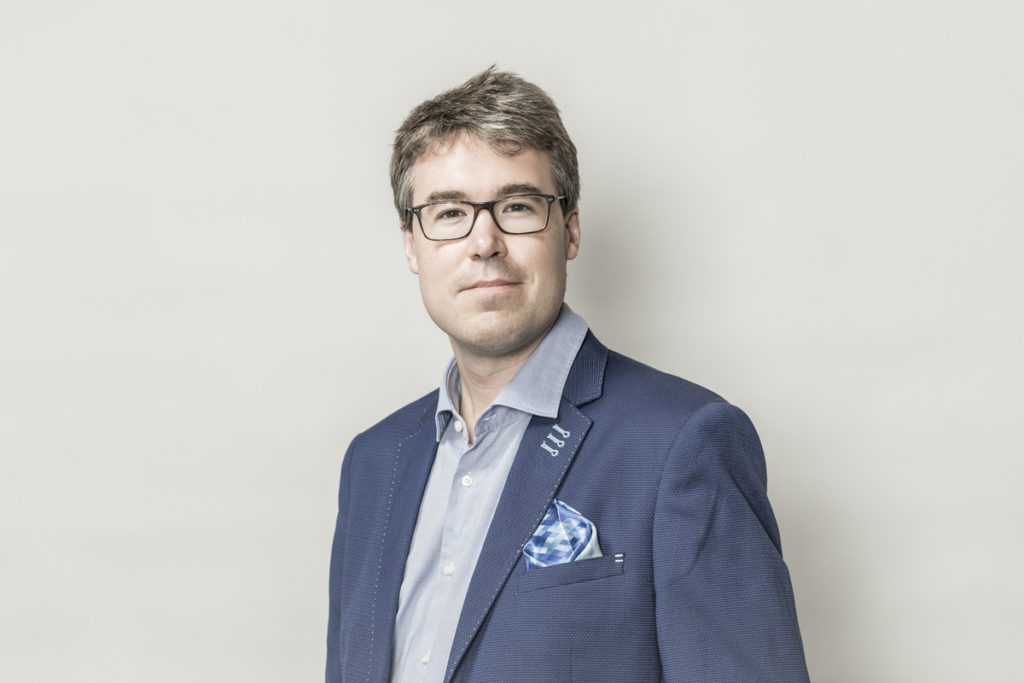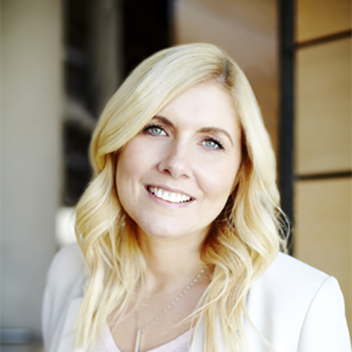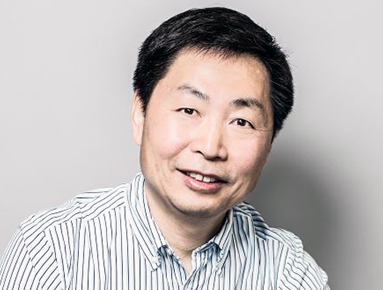
The York University Research Awards Celebration, which took place April 19, recognized the contributions of researchers from all Faculties and schools, and in areas including Indigenous knowledge, Black scholarship, global health, vision science, and space exploration, among others.
Researchers were recognized for their prominent role in better understanding the impacts of the COVID-19 pandemic, while York’s community of creators and scholars were praised for their contributions to art and for mobilizing research to effect change in their communities.
“The role of universities in nurturing creativity, supporting research, and facilitating collaboration, has continued to intensify over time in response to the increasing complexity of global issues facing society today, including political polarization, climate change, inequities and discrimination, and public health crises such as the pandemic,” says President and Vice-Chancellor Rhonda Lenton. “Through the discovery, application, and translation of new knowledge, York researchers are seeking out shared understandings and potential solutions that secure our social, economic and environmental future. The 2022 Research Award Celebration is our opportunity to recognize those who are advancing excellence in research, policy and practice, and driving positive change locally and globally.”
“York University has experienced tremendous success and growth in the past year, a testament to the exceptional calibre of our researchers and scholars,” says Amir Asif, vice-president, research & innovation. “The 2022 York University Research Awards Celebration provides an opportunity to celebrate faculty members and staff who have demonstrated excellence, creativity and ingenuity in conducting purposeful research that advances knowledge and creates positive change. Their contributions not only benefit the University, but their communities.”
The President’s Research Awards were announced at the live-streamed event, which can be watched here. The awards recognize outstanding achievements among York’s community of researchers and celebrate emerging scholars, senior scholars and highly impactful research.
The recipients of the 2022 President’s Research Awards are:
Seyed Moghadas, Faculty of Science is recognized with the President’s Research Impact Award (PRIA). Moghadas is a global leader in the use of mathematical and computational models of disease epidemics and vaccination. His research is advancing public health capacity to detect and manage emerging Canadian and global health crises. He has achieved a stellar reputation in his field and is making exceptional contributions to York’s research culture and beyond.

During the ongoing COVID-19 pandemic, his expertise has been in high demand and has been instrumental in setting and improving health policies both in Canada and the U.S. Moghadas served in an advisory role to the Public Health Agency of Canada as an expert on modelling approaches and to the Science Advisor of Canada as part of the COVID-19 Modelling Expert Group. He is also a member of the research team established by the Commonwealth Fund, which provides regular updates on the impact of COVID-19 interventions to the U.S. Administration and the Centre for Disease Control and Prevention. Over the past several years, Moghadas has held contracts with, or consulted for, additional national and international agencies: the National Collaborating Centre for Infectious Diseases, the Manitoba Health Pandemic Influenza Advisory Committee, Sanofi Pasteur Canada and Pfizer Global. His findings have influenced both provincial and federal government health policies and have been applied globally by international corporations. Moghadas is the founding director of the Agent-Based Modelling Laboratory at York under the auspices of the Canadian Foundation for Innovation.
Through his extensive knowledge of mathematics and biology, and his capacity for innovative thinking, Moghadas has pioneered exciting research paths in disease modelling and has applied his research findings directly to public health issues and policies, which has enhanced York’s research reputation. His evidence-based research has been published in tier-one journals of the National Academy of Sciences, Nature Communications, and The Lancet series, among many other high-impact publications.
John Moores, Lassonde School of Engineering, was recognized with the President’s Emerging Research Leadership Award (PERLA) Cluster 1. Moores’ impactful ideas about organic chemistry, volatile ices, geomorphology and atmospheric processes on other planets have changed the way experts in the field think about these subjects. His work has been published in numerous impactful journals such as Science and Nature.

He has received over $3 million in research funds to support this work. In addition to participating in science and operations teams of five international space missions, he is working with two companies to develop instruments to fly in space. This includes a novel extreme ultraviolet camera that can detect ice on the moon in shadow by looking for reflected starlight and a sensitive methane spectrometer that has the potential to revolutionize our understanding of trace gasses in Mars’ atmosphere and the planet’s potential for life. These instruments could fly before the decade is out, carrying the banner of York far beyond the campus boundaries.
Moores has built a diverse and inclusive research group, always seeking out opportunities to uplift his trainees. Over his time at York, members of his group have been awarded the NASA Group Achievement Award 16 times.
Moores’ accomplishments have been recognized in his election to the Royal Society of Canada (College of New Scholars, Artists and Scientists) in 2018, the awarding of a York Research Chair in Space Exploration in 2019, and his appointment as associate dean of research and graduate studies in the Lassonde School of Engineering in 2020.
Amy Muise, Faculty of Health, is recognized with the President’s Emerging Research Leadership Award (PERLA) Cluster 2 for demonstrating research excellence and innovation. Muise’s research focuses on the successful maintenance of romantic relationships, which is a key contributor to overall health and well-being. Her work uses diverse methods to best approximate couples’ daily experiences and relationship trajectories over time, including dyadic, daily experience and longitudinal methods, and focuses on diverse populations, including long-term couples, new parents, clinical populations, and people in intercultural relationships. She is a Tier 2 Early Career York Research Chair in Relationships and Sexuality.

Muise has a thriving lab (the SHaRe lab) in which she investigates three interrelated lines of research on the motivations, perceptions and behaviours that inform how couples can maintain desire and relationship satisfaction and successfully navigate conflicts of interest. This research has resulted in 100 empirical papers and book chapters to date (65 since beginning at York), many in top journals in her field, such as the Journal of Personality and Social Psychology and Psychological Bulletin. Since starting at York, she has been awarded more than $2 million in grant funding, including nine tri-council grants (three as principal investigator or co-principal investigator).
Muise’s lab has also already produced several excellent trainees: her graduate students and postdoctoral Fellows have been awarded top scholarships and recognitions and have been successful in securing fellowships and academic positions.
George Zhu, Lassonde School of Engineering, is recognized with the President’s Research Excellence Award (PREA). Zhu has demonstrated outstanding research achievements and leadership as a visionary researcher in the field of space technology. Zhu’s research pushes the boundaries of space technology across multiple frontiers: propellent-less propulsion technologies using electrodynamic tethers and electric solar wind sail, multiphysics modelling and dynamic control of space tether systems, space debris removal for sustainable use of outer space, space robotics, and made-in-space 3D printing technology.

In November 2020, he launched an electrodynamic tether satellite to test his model in space, the first electrodynamic tether mission in Canada. His leadership has shaped and continues to shape the international research agenda in space technology in Canada and internationally and is advancing the United Nations’ Sustainable Development Goals. He is a Tier 1 York Research Chair in Space Technology.
Currently, Zhu is leading a second York satellite mission as principal investigator. This mission is to train a team of interinstitutional undergraduate students to design, build and operate a cube satellite to monitor permafrost thawing in northern Canada from space using a low-cost CubeSat, which will be launched in late 2022. If successful, the technology will lower the access barrier for communities in remote areas to monitor the effects of global climate change on the thaw of permafrost and the associated impact on infrastructure such as roads, bridges, powerlines and buildings in Indigenous communities. Zhu’s research on space technology has been highly regarded by funding agencies nationally and internationally with over $15.2 million in research grants. The most significant one is the $3.6-million grant from Canada Foundation for Innovation for the research of made-in-space by 3D printing technology, the first of its kind in Canada. Zhu is also the recipient of the 2021 W. Angus Medal of Canadian Society for Mechanical Engineering and the 2019 Engineering Medal - Research and Development of Ontario Professional Engineers & Ontario Society of Professional Engineers.
In addition to the President’s Research Awards, more than 70 researchers and postdoctoral fellows were recognized at the 2022 York University Research Awards Celebration. View the full list of awards.
To learn more about Research & Innovation at York, follow @YUResearch.
To watch the event, visit the YouTube page.
